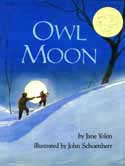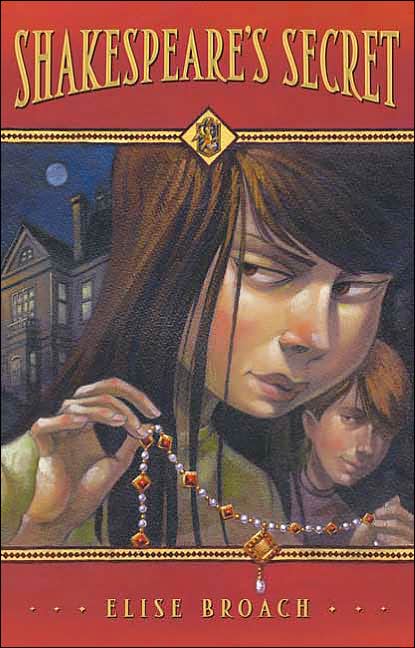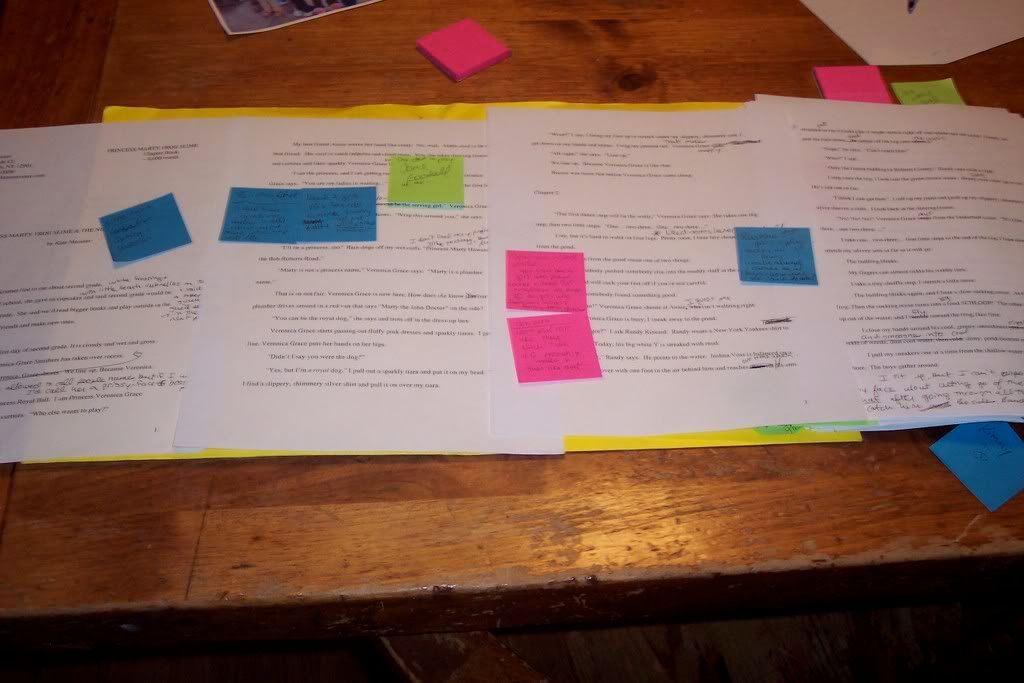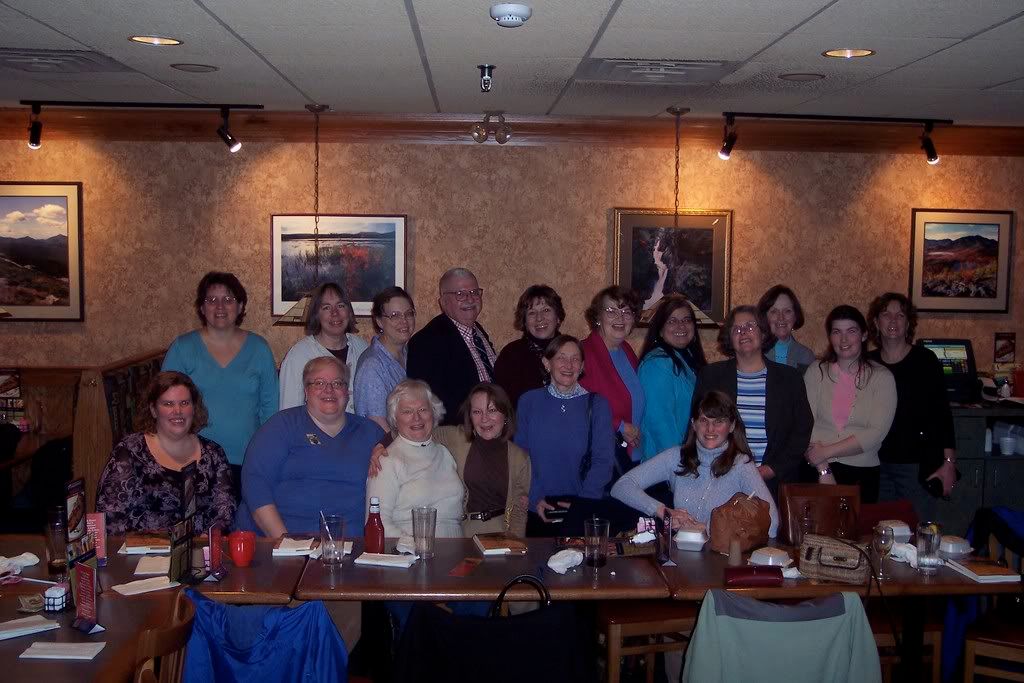
Sherman Alexie is brilliant. But you probably already knew that.
This week, I finally got to read The Absolutely True Diary of a Part-Time Indian. Wow. Just wow.
I won’t write a traditional review here, because plenty of other people have praised this book up and down, and there was that whole award thing, too…. What I do want to talk about is how this book impressed me by nailing some aspects of poverty that are rarely addressed in YA novels.
As a teacher in a small city school district, I know that about a third of my students are living in poverty, carrying with them each day the baggage that goes along with it. We have breakfast programs and free lunch and a good library, and that helps. Some. What we can’t always do, no matter how hard we try, is provide that new way of thinking that Junior figured out in Alexie’s book – that moment when living in poverty becomes so unbearable that a person has to make the painful choice to leave. In Junior’s case, it’s the decision to leave his reservation school to attend a more privileged white school in a nearby town.
There’s a scene in Part-Time Indian where Junior gives a lengthy and funny-but-true list of rules for fighting. His rules. The rules of the reservation. Among them…
- If somebody insults you, then you have to fight him.
- If you think somebody is thinking about insulting you, then you have to fight him.
- If somebody beats up your father or your mother, then you have to fight the son and/or daughter of the person who beat up your mother or father.
When Junior starts at the white school, one of the big guys insults him, and sure enough, Junior punches him. He’s stunned when the guy doesn’t fight back but walks off with his posse, all of them staring at Junior as if he were a monster…
I was absolutely confused.
I had followed the rules of fighting. I had behaved exactly the way I was supposed to behave. But these white boys had ignored the rules. In fact, they had followed a whole other set of mysterious rules where people apparently DID NOT GET INTO FISTFIGHTS.
“Wait,” I called after Roger.
“What do you want?” Roger asked.
“What are the rules?”
“What rules?”
I didn’t know what to say, so I just stood there red and mute like a stop sign. Roger and his friends disappeared.
I felt like somebody had shoved me into a rocket ship and blasted me to a new planet. I was a freaky alien and there was absolutely no way to get home.
The whole concept of different sets of rules is inherent to any study of the impact of poverty on learning. Some of my middle school colleagues and I participated in a study group focused on that topic last year, using Ruby Payne’s book A Framework for Understanding Poverty. It’s a fantastic book – one that should be required reading for anyone who works with kids in poverty, and especially for those of us who enjoyed more privileged middle class upbringings. The rules are different. Payne, like Sherman Alexie, does a great job demystifying this aspect of poverty and helping us to understand why it’s not so easy for Junior – or anyone – to just walk away.
















 Sherman Alexie is brilliant. But you probably already knew that.
Sherman Alexie is brilliant. But you probably already knew that.
 Jennifer Harris used to be that poor, chubby kid who sat alone in the cafeteria. Well, almost alone. There was Cameron Quick, another social outcast. Another kid living in poverty and living on the fringe of third grade society. He was her only friend and the only person who ever understood Jennifer Harris. And then he disappeared.
Jennifer Harris used to be that poor, chubby kid who sat alone in the cafeteria. Well, almost alone. There was Cameron Quick, another social outcast. Another kid living in poverty and living on the fringe of third grade society. He was her only friend and the only person who ever understood Jennifer Harris. And then he disappeared.


 This isn’t an action-packed book. There’s nothing nerve-wracking or edgy about it. But it’s a book that I would have read and loved with a passion when I was eight years old. I would have kept it on a special place on my shelf and wanted to do all the things that Maddie got to do.
This isn’t an action-packed book. There’s nothing nerve-wracking or edgy about it. But it’s a book that I would have read and loved with a passion when I was eight years old. I would have kept it on a special place on my shelf and wanted to do all the things that Maddie got to do. It’s confession time. I gave my 17-year-old nephew a pre-read book for Christmas. I read it really carefully, though and didn’t get chocolate on it or anything. At any rate, I’m not sorry, because the book was Eric Luper’s debut novel Big Slick, and it was fantastic.
It’s confession time. I gave my 17-year-old nephew a pre-read book for Christmas. I read it really carefully, though and didn’t get chocolate on it or anything. At any rate, I’m not sorry, because the book was Eric Luper’s debut novel Big Slick, and it was fantastic.


